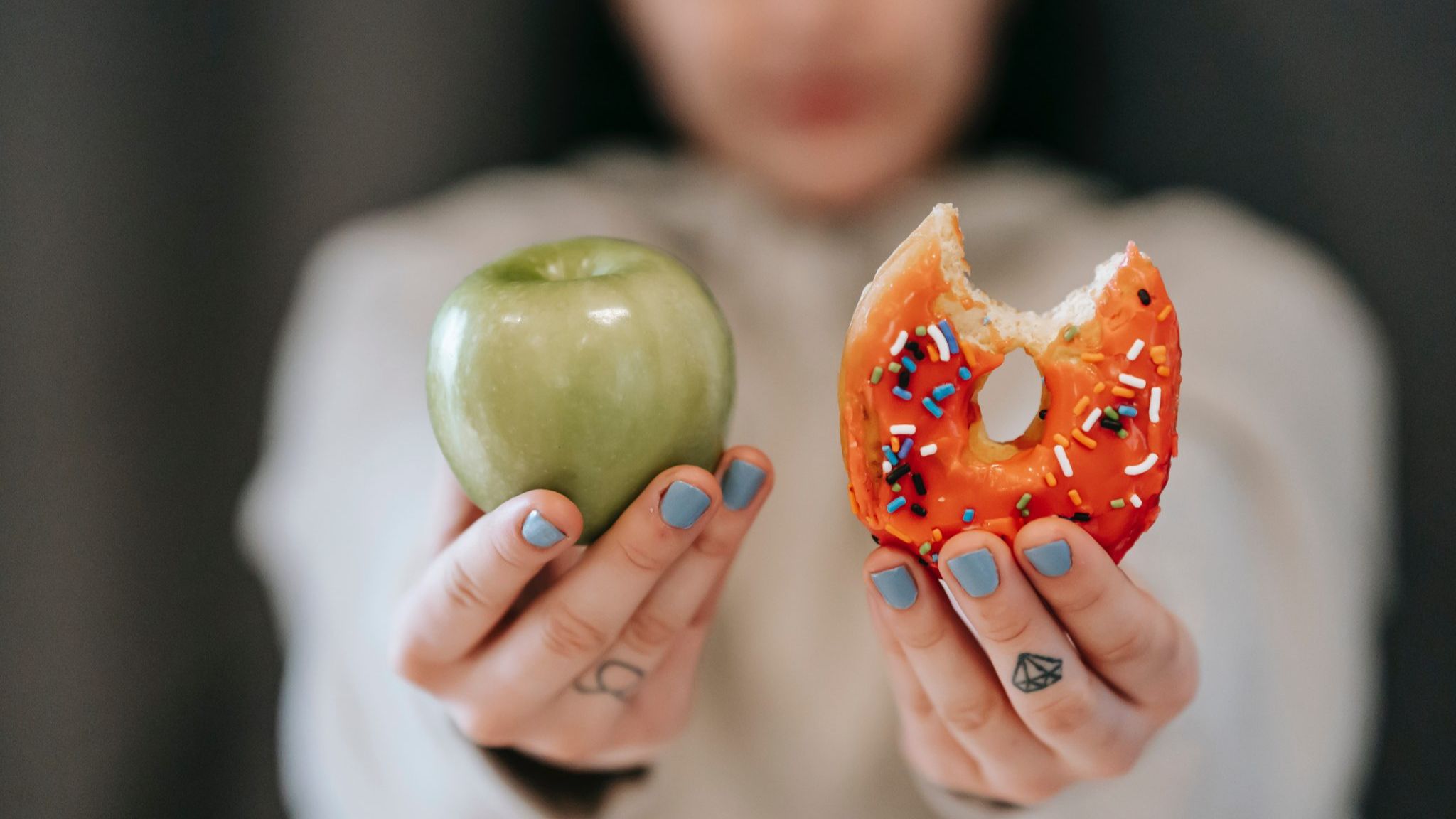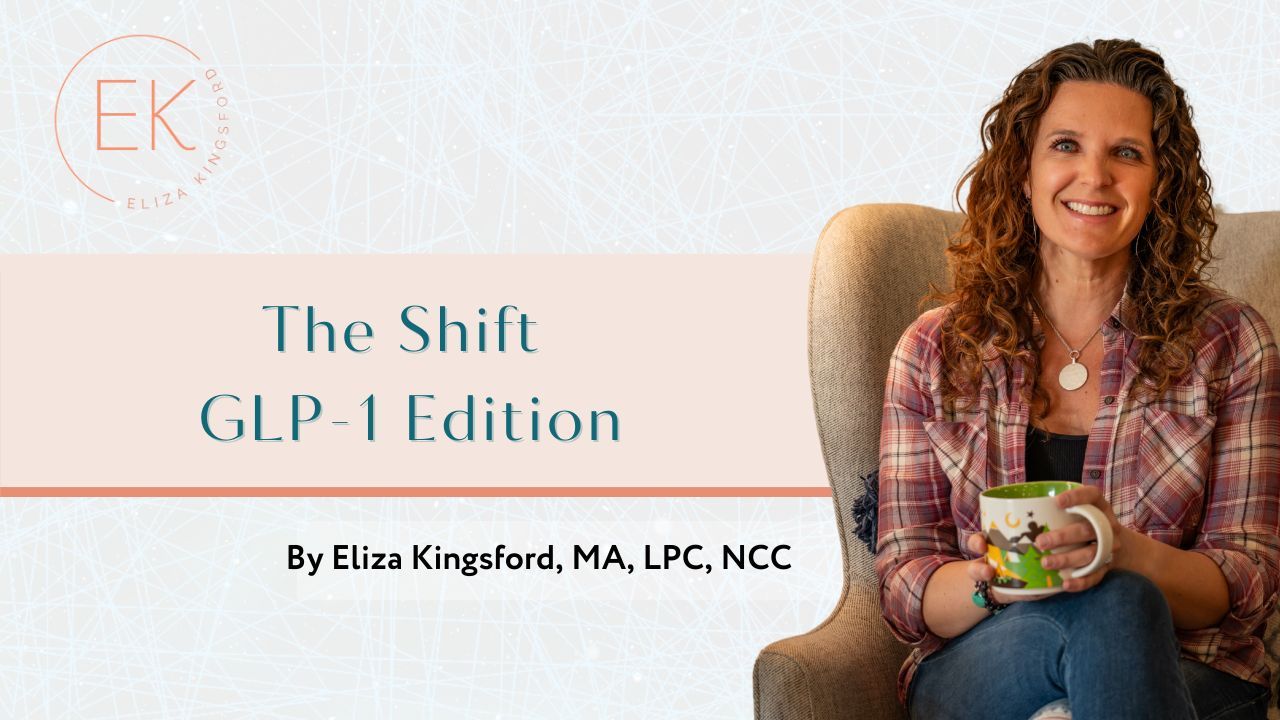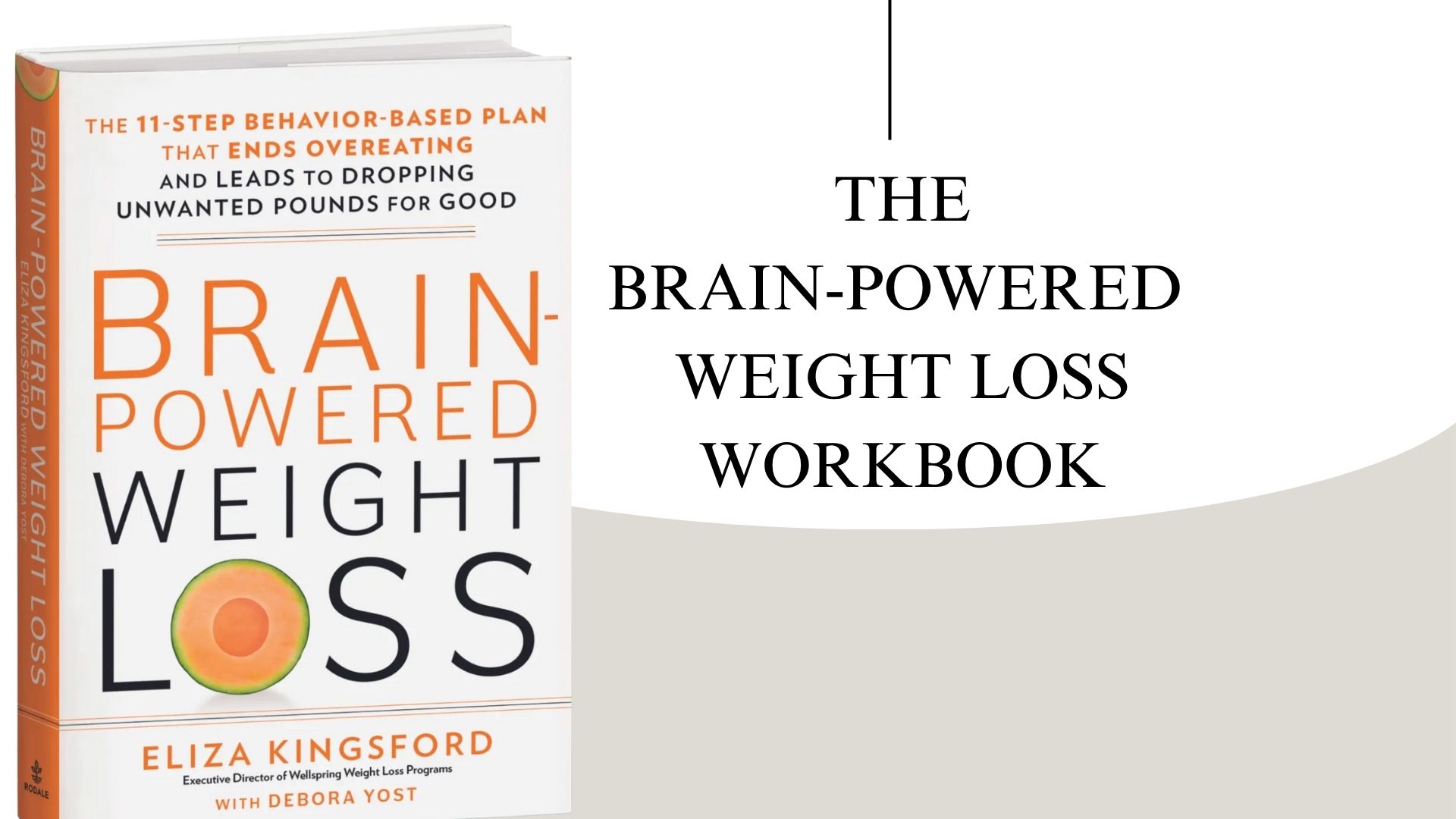
Do You Struggle With Black & White Thinking?
Aug 23, 2022Black and white thinking is the cognitive distortion I see most in my practice. The American Psychological Association defines cognitive distortions as “faulty or inaccurate thinking, perception or belief.” Black and white thinking is also known as all or nothing thinking.
While there are many cognitive distortions (you can find a list of the most common ones in my book, Brain-Powered Weight Loss) black and white thinking most often leads to yo-yo dieting behaviors. The good news about cognitive distortions is that they are not “real” and you can change them. They’re not permanent if you don’t want them to be.
The Irony Of Black & White Thinking
When someone is struggling with food, black and white thinking tends to sound something like this:
- I’m either on my diet or off my diet.
- I’m either doing well, or I’m doing terribly.
- I’m either succeeding for the day, or I’m failing.
Can you see that there’s a lack of flexibility in that mindset that doesn’t allow much (if any) room for error?
Maybe you eat a breakfast that feels nourishing to you, a snack that feels nourishing to you, and a lunch that feels nourishing to you. Then something comes up and, for whatever reason, you find yourself at Starbucks for a snack ordering something that you didn’t intend to order.
If you are in the mindset of black and white thinking, that singular decision of ordering something at Starbucks will often lead to a spiral of decision-making that causes you to overeat. If that wasn’t in the plan for the day you may feel frustrated, “why do I always do this? I failed again. What’s the point?”
This line of thinking can lead to the “what the heck response” (I already failed so I might as well keep it up) so you continue to overeat at dinner and go to bed frustrated. The black and white thinking mindset of “I have failed”, leads to a string of thoughts, feelings, and behaviors, which leads you to consume MORE than if you would have had a flexible mindset at the moment where you chose Starbucks.
The irony is that people who struggle with black and white thinking believe they are protecting themselves from overeating and the emotions of failure by being very strict and rigid with their “rules”. And yet, especially when it comes to food and calorie consumption, they end up consuming MORE than people who have a more flexible way of approaching food.

How Do You Fix All Or Nothing Thinking?
If you’re able to stay more flexible, you can look at each meal as its own isolated event. Breakfast is breakfast. A snack is a snack. Lunch is lunch…however you eat. Don’t take the details of what you ate for breakfast into your choices for what you’re having for lunch.
In the example I gave with Starbucks, it would look something like, “oh, I had a cake pop and a frappuccino. That didn’t make me feel as nourished as I’d like to feel, that wasn’t in my plan for today. What can I learn from that? How do I want to manage that in the times ahead?”
Next, you want to look into the future of what you want to feel in your next meal.
“That cake pop and frappuccino didn’t make me feel nourished, empowered or energized. What do I want to eat for dinner that will make me feel some of those things?”
Try not to bring in the emotions of how you don’t want to feel. For example, try not to make your dinner decisions from thoughts like “well I had a cake pop and frappuccino so now I can only have carrot sticks”, nor do you want to begin saying things like “well I already blew it, so I might as well just order the pizza”. Both of those statements come from black and white thinking.
Instead, can you focus on how you’d like to feel after dinner? For example, “I’d like to feel nourished, satiated and empowered after dinner tonight. I think I’ll choose some veggies, a yummy protein that I love with some of that jasmine rice that feels so fresh and yummy” (not telling you what to eat, here. Just think about what foods will feel nourishing and empowering for you).
This mindfulness and brain rewiring takes practice. It doesn’t just happen overnight. I want you to think of it as a practice, which means that you give yourself grace and patience as you learn a new skill.
Have you been looking for a small group coaching program? My groundbreaking program The Shift takes even the most stubborn and stuck dieters to a place of peace, ease, and joy. Join the waitlist here. The next round will begin in September 2022!


